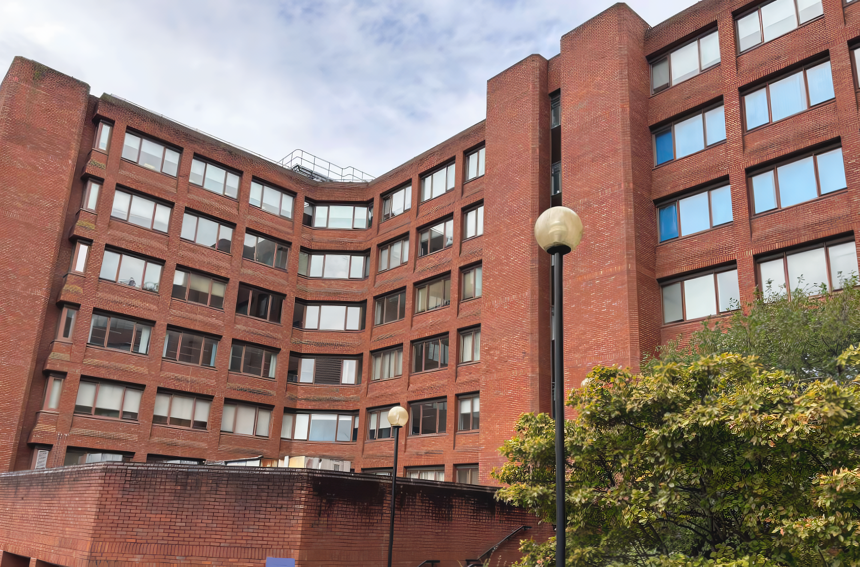Claim to right of way based upon Prescription Act 1832 and doctrine of lost modern grant – Servient owner disputing claimant’s use after tolerating for 23 years – Claimant continuing use and bringing action two years later – Whether disputed use “as of right” – Servient owner turning “blind eye” to use by local residents – Whether such policy afforded alternative explanation of tolerance shown to claimant
Trustees of the estate of the Earl of Cardigan held forestry land to the west of Durley in Wiltshire. The greater part of the land was at all material times leased to the Forestry Commission (the commission land). In March 1975 the then trustees sold and conveyed a derelict cottage to the claimant, who proceeded to restore it. The cottage stood beside an unmade-up road (the track), the eastern section of which (the east track) led to a minor road in Durley. The western section (the west track) ran to the boundary of the commission land where it joined another track leading to the A346 running northwards to Marlborough. Under the terms of the 1975 conveyance, the claimant enjoyed an express right to use the east track as a vehicle and foot way.
From 1975 until the events giving rise to the instant case, the claimant, depending upon his domestic and work requirements at any particular time, used the west track: (i) for taking his dog to the forest for exercise; and (ii) as the more convenient way of reaching Marlborough by car. The defendant trustees raised no objection to the claimant’s use. While taking steps to preclude any claim to a public right of way over the track, they had a policy, disclosed in a letter sent to another householder in September 1996, of turning “a blind eye to Durleyites cutting through to Marlborough that way, even though they are not entitled to”.
In or about 1998 the parties fell into dispute over a different matter. By letters sent in September and October of that year, the trustees informed the claimant that the west track was closed to all members of his household and for all purposes. The claimant continued to use the track as before, and, on 10 February 2000, commenced the instant proceedings, asserting a prescriptive claim to use the west track, such claim being based on the Prescription Act 1832 and/or the doctrine of lost modern grant.
Held: The claim succeeded under the doctrine of lost modern grant.
The claimant had established that until he received the first of the 1998 letters, his use of the west track had been as of right, the law of prescription being based upon acquiescence on the part of the servient owner: see the classic exposition of Fry J in Dalton v Henry Angus & Co (1881) LR 6 App Cas 740 at p773.
The same could not be said of the claimant’s user after receipt of the second 1998 letter, which was in very strong terms. Thereafter the user had become contentious. The rule that user had to be nec vi (without force) was not observed where, as in the present case, the circumstances indicated to the dominant owner, or to a reasonable man with that owner’s knowledge of the circumstances, that the servient owner was objecting and would back his objection by doing everything, consistent with his means and proportionately to the user, to contest the same: Newnham v Willison (1988) 56 P&CR 8 applied. There could accordingly be no claim under the 1832 Act, given the requirement in section 4 (subject to certain rules as to “interruptions” which were not material) that the period relied upon had to be “next before some suit or action”.
No such objection could be made against the claim based on lost modern grant. Although stronger evidence of user might be required than in a claim based on the Act, the evidence was clear as demonstrated by the 1998 letters. Nor could the defendants contend, relying upon Gardner v Hodgson’s Kingston Brewery Co Ltd [1903] AC 229, that their “blind-eye” policy towards “Durleyites” afforded an alternative explanation of their tolerance of the claimant’s use of the west track. It would have been otherwise if his user had been equally consistent with that policy and his ownership of the cottage, but that was plainly not the case.
Timothy Fancourt (instructed by Wilsons, of Salisbury) appeared for the claimant; Thomas Seymour (instructed by Herbert Mallam Gowers, of Oxford) appeared for the defendants.
Alan Cooklin, barrister







